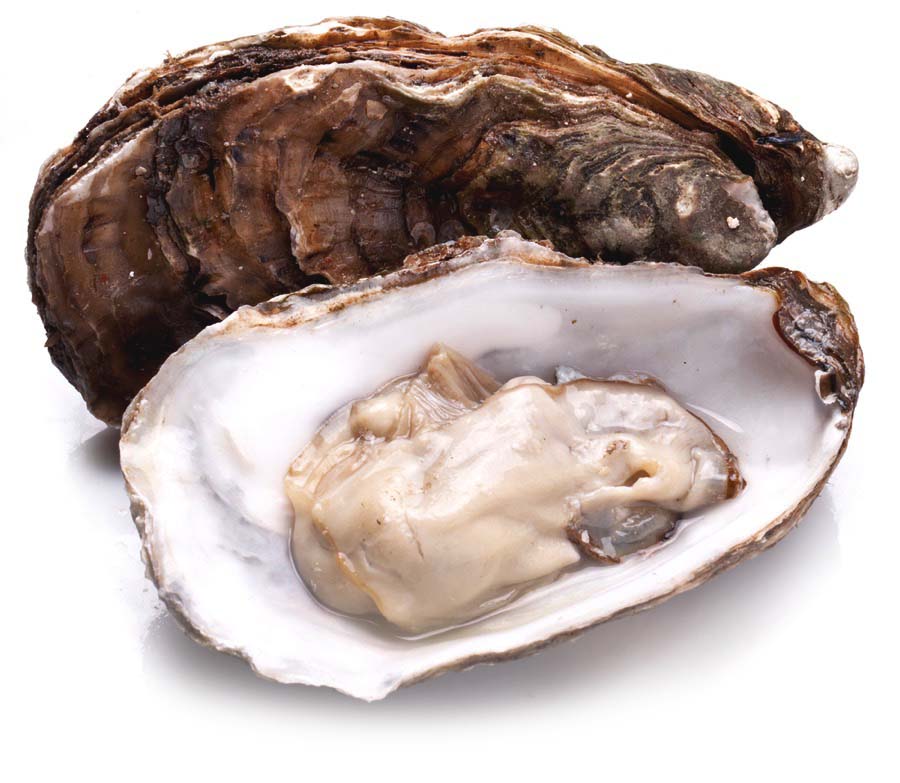
I once heard — so it’s hearsay and anecdotal, but maybe useful as a provocation — that one of the unique qualities of human consciousness is an ability to imagine as if things were otherwise, or other than things are. That is, we have a unique ability to imagine change.
Is that true? Is it unique? Or is it hubris, because a human is likely the agent that said, or wrote such a thing? It certainly is self-satisfying to imagine that we’re a species, and uniquely advantaged over all the other species.
-
I once heard — so it’s hearsay and anecdotal, but maybe useful as a provocation — that one of the unique qualities of human consciousness is an ability to imagine as if things were otherwise, or other than things are. That is, we have a unique ability to imagine change.
-
Is that true? Is it unique? Or is it hubris, because a human is likely the agent that said, or wrote such a thing? It certainly is self-satisfying to imagine that we’re a species, and uniquely advantaged over all the other species.
-
But, does it even matter as to its truthiness? Maybe it’s just helpful, but not so much as a point of argumentation, but more as a provocation to ourselves. An opportunity to do something special, perhaps world-changing. Perhaps world-saving.
-
If human consciousness can imagine the world otherwise, or imagine how things can be different, well — that’s sorta cool, and maybe even “evolutionary useful”, as someone clever might say.
-
Like..what was going on in the mind of the intrepid soul who was the first to imagine that cracking open a pretty alien-looking barnacled thing that was well-affixed to a rock, and then eating the goopy mass inside of it? Sounds more like a fraternity hazing stunt than a good idea. Maybe it came from watching seals eat the things, but still..takes some chutzpah..and imagination.
-
(No wonder they ended up calling it “oyster.” Sounds a bit like the sound they would’ve made trying to get it out of their stomach in a fit of nervous panic after it slipped down their gullet.)

-
Leaving aside what precisely is the imagination, let’s imagine that it is an important faculty. It may even be existentially vital to continued existence. Maybe even as important as barbering, auto repair, medieval history, architecture, calculus, organic chemistry, foreign or even computer languages, anthropology, psychology, law, business administration, fashion design, woodland survival skills, swimming, metal shop, and film studies.
-
Actually, it may be the thing that makes those things possible. I mean, someone had to imagine a world where administering business would be a good idea, and teaching it so there would be a cadre of business administers who could do, you know — what they do.
-
So, why are there not degrees in Imagination? Or even a primary school curriculum for Imagination? You know, “Ms. Rooper teaches 8th grade Imagination.”
-
Why are there no high schools where you can take AP Imagination to get advanced placement for your Bachelors of Science in Imagination Studies.
-
Q: Does that sound weird?
-
A: Yeah. Weird.
-
(Maybe you should try imagining that possibility a bit harder.)
-
I know I sound like, all..’woo-woo’ and crap saying, hey — we need more Imagination Studies or whatever. Or “we need to invest more in imagination curriculums”, and someone should create that curriculum, and all this kind of stuff. Like..I should probably run for some kinda..school board or some crap. Write a book on Imagination like (good for him, seriously!) LaVar Burton has done, which is amazing.
-
My main point here in the newsletter though is to put your attention on the fragility of this ability we have. Consider that it’s really fucking hard to imagine much of anything that hasn’t already been imagined for you by someone else with a well-developed imagination muscle.
-
And not only that, it’s really to imagine things with such acuity that it enrolls people into that vision to the degree that, you know — things happen.
-
Why is it hard?
-
Maybe because we don’t exercise our imagination every day.
-
We just don’t. We don’t get up and do some imagination calisthenics the way we plop onto our Pelotons or take a jog on a treadmill or saunter down to the local gym.
-
We should come up with some kinda..’burpies’ or TRX or Peloton or one of those Pilates rack things — only such as would be suitable for truly exercising the Imagination muscle group or whatever.
-
I find it positively strange that we have this supposedly evolutionary useful ability to see a world different from the one we’re in, yet we just sit our consciousness on rails imagining that the future looks like climactic climate collapse.
-
Who was it? Frederic Jameson, according to some — who said that it’s easier to imagine the apocalyptic end of the world than it is to imagine the end of capitalism?
-
Whoever said it, doesn’t matter in this context, but it’s a profound observation.
-
Why can’t we imagine alternatives to the generally accepted possibilities of “the” future — like the apocalyptic end of the world, going to mars, more cars (electric or not), never ending population growth, etcetera. (Parenthetically, going to mars isn’t all that imaginative — it’s been the future for ages — even if it is audacious as a vision to enact. It’s probably about as far as we’ll get if we do get there, I reckon. Hoping we’ll be a multi-planetary species is difficult to figure from just a space travel mechanics perspective. Anyway, once those guys get there, who’s going to do their laundry and cook dinner? Might be better to imagine more tangible futures right here.)
-
Maybe because our Imagination muscles have atrophied to where they are just sinewy bits of fatty and ineffectual flab that just feed on whatever stories we see on Netflix.
-
Maybe.
-
I’ve seen people freak out in a workshop when asked to imagine the future of the corner store. It starts with blank stares. A couple of blinks of the eye. Frozen.
-
Then a kinda frustration supplants the embarrassment of not being able to imagine what the future of the corner store might be. This is followed by a hasty retreat to cover behind barricades of “studies” and “research.”
-
There might be a citation from this or that quantitative consumer studies report about the future of hygiene, or milk, or someone will lob some kooky Gartner curve. They’ll do this rather than step in front of things and just imagine for themselves.
-
Happens. I get it. It takes a lot to get to a point where you can imagine freely as an adult, especially after one has been regularly and routinely told to avoid the kind of wide-eyed, beautifully naive musings we all had at some point in our formative years. At some point, we’re told to “act our age.” That’s sorta sad to me.
-
We need to get that beautiful spirit and that joy that comes from free-spirited imagining. Get over this sense of embarrassment that comes from letting go of those weird constraints and fears. I do think it is evolutionarily vital that we encourage this kind of imagining, and build up the imagination muscle.
-
It’s one of the motivations behind The Near Future Laboratory. Our credo is ‘We create products from the future.’ Part of the reason to do so is for the exercise — literally, physically exercising our imagination muscle. It’s an exercise routine. Like tossing a good old fashioned medicine ball back and forth, but with ideas that are imbued in products that are symptomatic of possible futures — the futures we dream of, and the ones we want to avoid. (N.B. Do not confuse ‘creating products’ to mean we’re a manufacturer, unless you take manufacturer to also mean maker of ideas.)
-
Join us! We’re building products from the future.